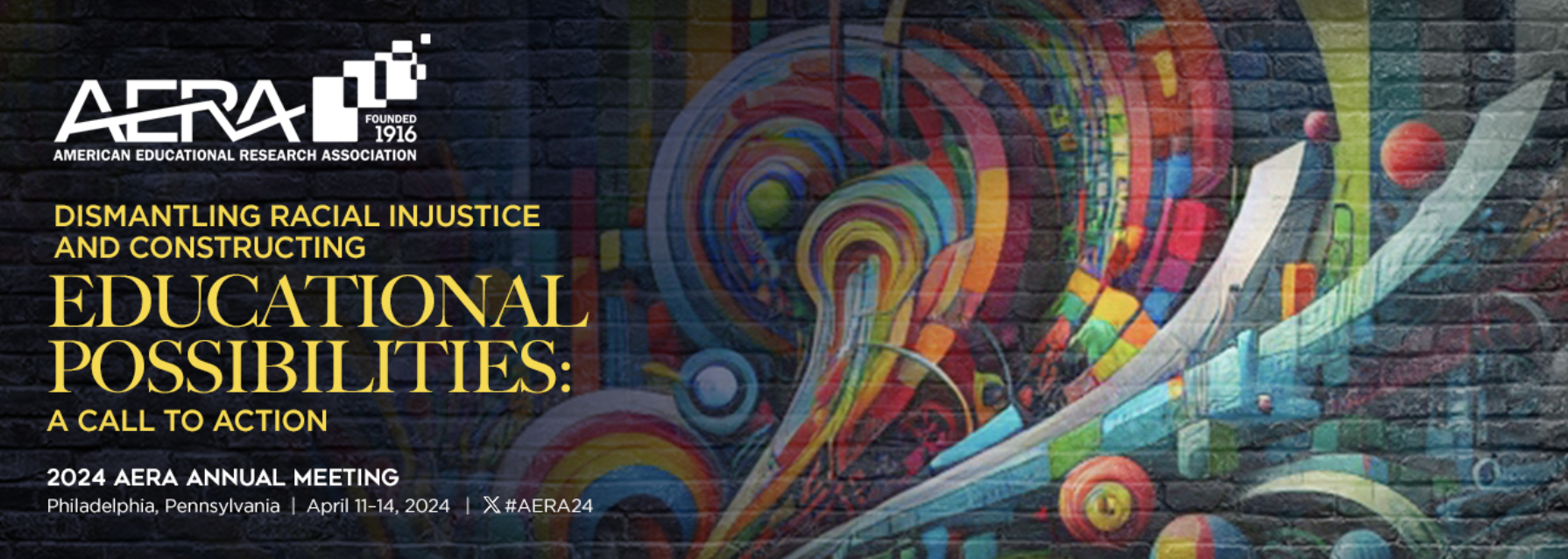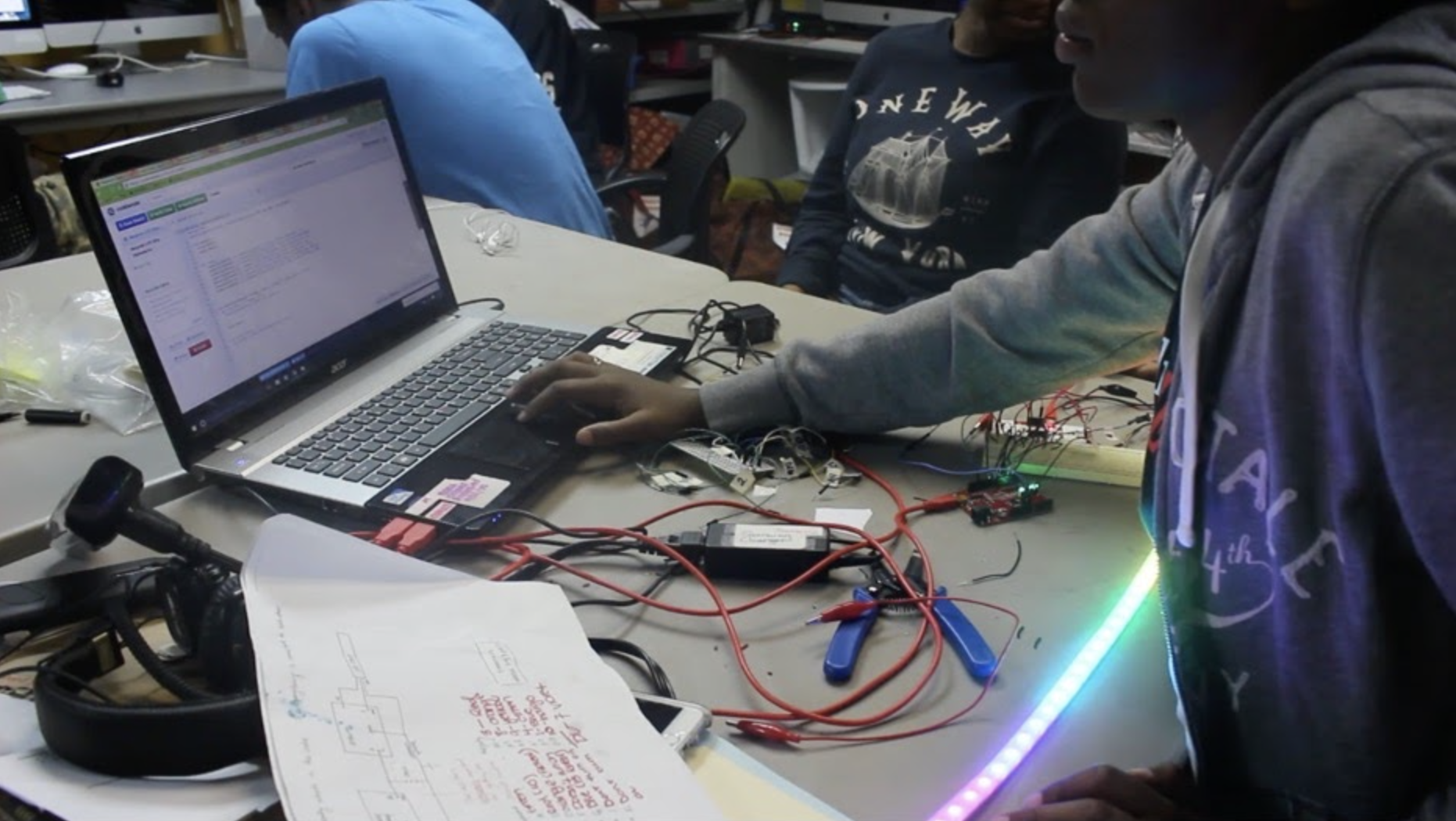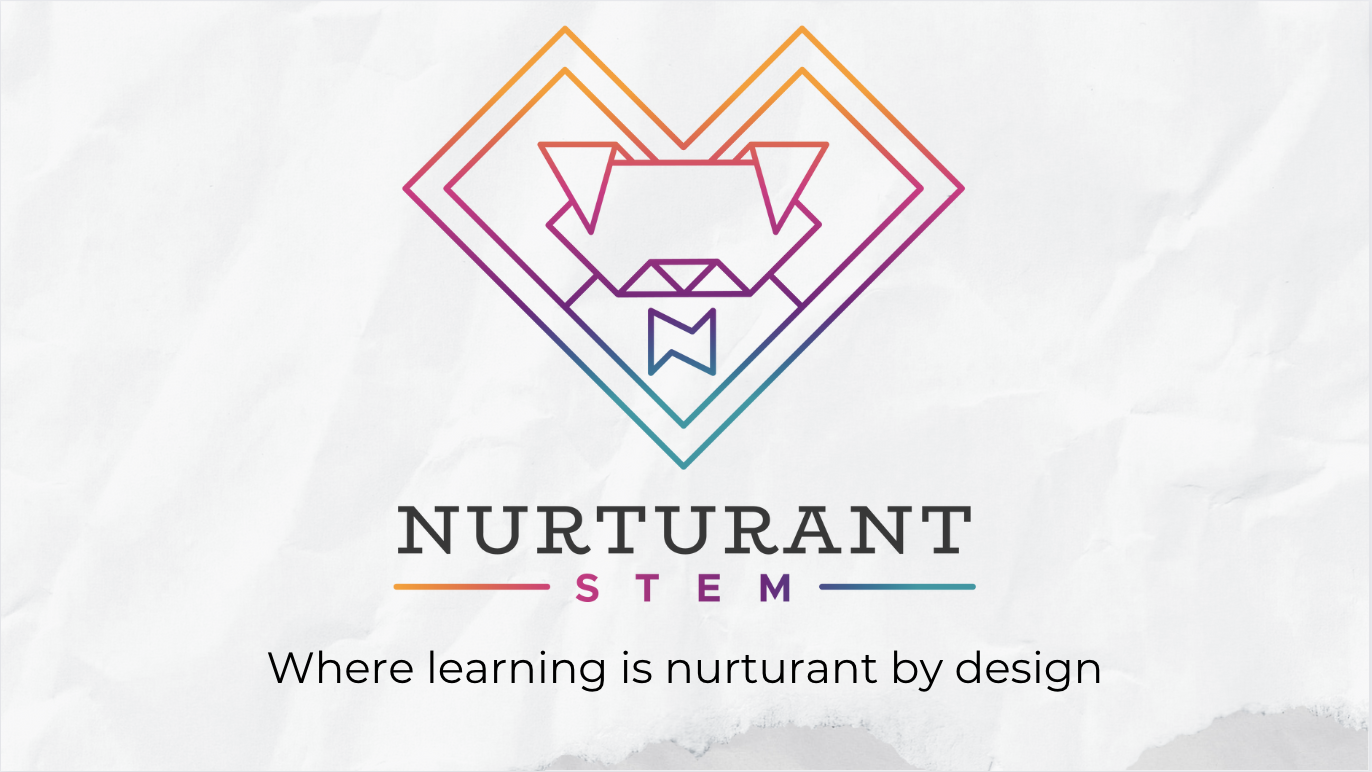
The Earl Center at AERA
Join us at the American Educational Research Association Annual Conference held April 11-14 in Philadelphia, PA where the Earl Center researchers will present current work and research findings. Presentation schedules and locations can be found below.
Exploring the “Co-”Ness of Group Teaching: Distributed Authority and Collective Responsibility in Youth Pedagogical Development
Fri, April 12, 3:05 to 4:35pm, Pennsylvania Convention Center, Floor: Level 100, Room 105A
When youth are positioned as co-teachers and co-facilitators in near-peer group teaching settings, they develop a sense of collective responsibility for the youth that they teach, depending on how authority is distributed in the group teaching setting. Our paper seeks to further explicate distributed authority and collective responsibility, one of the tenets of Youth Pedagogical Development. Specifically in this study, we elaborate on ways in which authority is distributed and responsibility is shared at our three partnering organizations where young people learn to teach other young people in mathematics, engineering, fabrication, and social justice settings. We also explore how youth co-teachers and co-facilitators who are not leading the main activity take up various roles during group teaching.

Remixing the Word and the World: Critical Computational Literacies in Virtual and Physical Spaces (Poster 6)
Sat, April 13, 9:35 to 11:05am, Pennsylvania Convention Center, Floor: Level 100, Room 115B
Critical computational literacies capture the intersection between critical literacy and computational thinking (Lee & Soep, 2016), centering storytelling (Shaw et al., 2021) in learners’ making for social change (Tucker-Raymond et al., 2022). In this poster, we describe critical computational literacies as ways that learners use computational tools (digital, mobile, and advanced manufacturing) to highlight ideologies, identities, and other characteristics of sociopolitical systems to engage people in dialogic action and conversation. Through examples from our collective work, we highlight how learners reconfigure social relations in learning settings to be more empowering and dialogic.

Educational Design for Nurturant STEM Learning: A Framework in the Making
Fri, April 12, 3:05 to 4:35pm, Philadelphia Marriott Downtown, Floor: Level 4, Room 403
We share our development of the Nurturant Educational Design Framework for STEM learning experiences that are nurturant by design. The framework guides our design of a pediatric learning environment that offers learning experiences to supports young patients’ developing sense of identity and agency; exploration and play with expansive STEM ideas and engagements; and growing curiosity about STEM phenomena. Guided by onto-epistemic heterogeneity (OEH) (Warren et al., 2020), the Nurturant Framework holds that knowing and being are inextricably connected and liberatory education is “deeply rooted in the pasts, presents, and futures that sustain and imagine multiple values, purposes, and arcs of human learning” (p. 278). The framework realizes critical sociocultural learning theory through cultural affirmation, simultaneous materials sensing, and multimodal learning.
Culturally Sustaining Approaches to Classroom Assessment
Sat, April 13, 1:15 to 2:45pm, Philadelphia Marriott Downtown, Floor: Level 4, Franklin 1
Session Type: Symposium
The educational research community increasingly seeks ways to transform assessment that will better attend to learners’ repertoires of practice, embracing what they know and can do, building on community knowledge and epistemologies, engaging all the intellectual and linguistic resources they bring to learning environments. This session features five teams of scholars conducting research in the emerging area of culturally sustaining approaches to assessment across various contexts (e.g., classrooms, teacher learning, informal spaces). The purpose is to promote discussion across different ways of conceptualizing and conducting work in this area. This session directly addresses this year’s theme, “Dismantling racial injustice and constructing educational possibilities” by theoretically and practically exploring new possibilities of assessments for a more equitable and just future.
